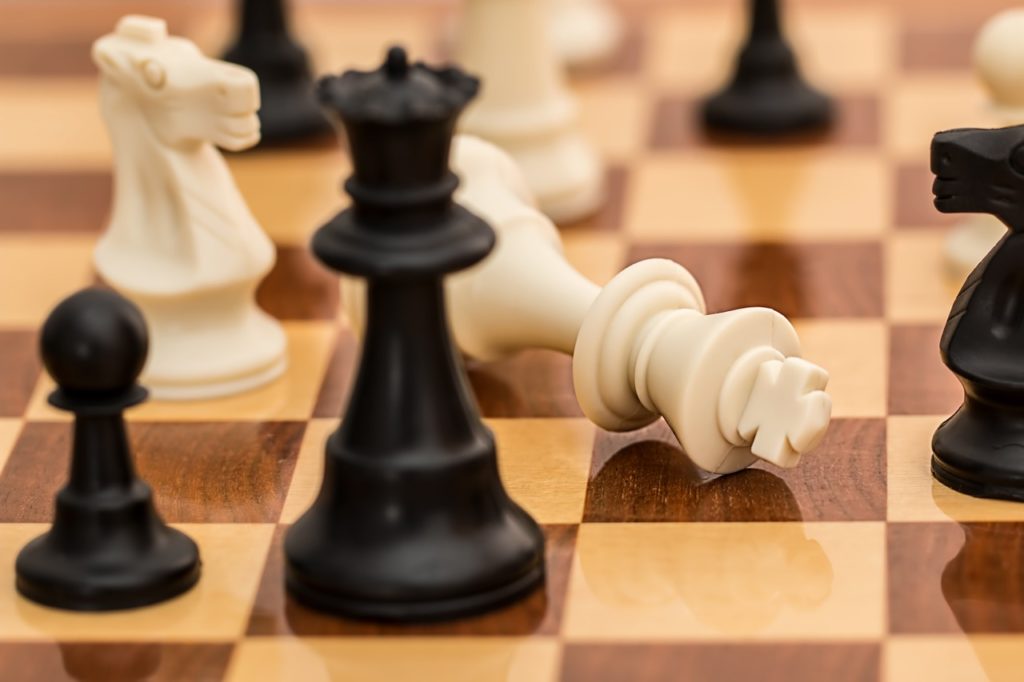In a previous post, I shared how I often begin my mornings by daydreaming. I take the time to let my mind drift and my imagination run wild—and that’s often when my best ideas arrive.
In response, a reader asked, “How do you afford to devote time to daydreaming, when the world is moving so fast?”
I replied, “How can you afford NOT to, when the world is moving so fast?”
“A wealth of information,” as Herbert Simon says, “creates a poverty of attention.” We’re constantly bombarded by information, insights, and data. We spend our time darting between meetings, notifications, and open browser tabs.
Social media, the news, email—they all feed us repeated servings of “what is.” But we’re starving for “what could be.”
Observation fuels repetition. Imagination fuels innovation.
This is where the art of selective ignorance comes into play. It means intentionally choosing what to pay attention to and what to ignore. The power of selective ignorance lies in this choice.
Most of us have given up that choice. We sit and watch Netflix simply because it’s there—not as a deliberate act, but as a default. We move from one thing to another, pulled around by old habits, other people’s desires, and profit-driven algorithms. In surrendering to the comfort of this passive state, we expose ourselves to being influenced by whatever happens to be thrown at us.
What’s more, smoke lingers long after the fire is out. Even after we move on to the next thing, we still find ourselves worrying about a work email sitting in our inbox, envying photos from a friend’s Paris vacation, or wondering what Taylor Swift might be doing this very moment.
As I write in Awaken Your Genius, your most scarce resource isn’t your time or money. It’s your attention. There’s a reason why we call it paying attention. Treat it like you would your money (because it’s more important than money). Save it, invest it, and spend it where it matters most.
Here’s how you can apply the art of selective ignorance in your life.
First, ask yourself, What am I paying attention to that doesn’t deserve it? What do I read, listen to, or watch that’s distracting or irrelevant to what matters to me? While I pay attention to that, what am I not paying attention to?
Remember: Your mind belongs to you. You get to decide what comes in and who stays. If you’re not intentionally making that decision, someone else is. And that someone else is going to decide based on their best interest—not yours.
Second, once you’ve decluttered your brain-attic and consciously curated how you decorate it, create room for imagination.
For me, this involves dedicating time to ask myself questions like, What am I curious about? What do I want to explore? How do I want to play? What do I want to create next? (I’ve been working on a secret project for the past few weeks. More to come on that soon).
To create a future that is distinct from the present, we must spend less time observing “what is” and more time imagining “what could be.”




